Debunking Common Myths About Facilities Maintenance
Understanding Facilities Maintenance
Facilities maintenance is often misunderstood, leading to misconceptions that can hinder the effective management of buildings and infrastructure. By debunking these myths, we can better appreciate the value and necessity of proper maintenance practices. Let's explore some of the most common myths surrounding facilities maintenance.

Myth 1: Facilities Maintenance is Just About Fixing Things
One of the biggest misconceptions is that facilities maintenance is solely about repairing broken items. While repairs are an important aspect, maintenance encompasses much more. It includes preventive measures, routine inspections, and ensuring that all systems operate efficiently. By being proactive rather than reactive, facilities managers can extend the lifespan of assets and reduce unexpected costs.
Preventive maintenance is a strategic approach that involves regular checks and routine servicing of equipment to prevent failures before they occur. This not only saves money in the long run but also minimizes downtime and enhances safety within the facility.
Myth 2: Maintenance is an Unnecessary Expense
Another prevalent myth is that maintenance is a needless expenditure. In reality, regular maintenance is a wise investment that can save money over time. Facilities that ignore maintenance often face higher costs due to emergency repairs and shortened equipment lifespan.

Consider the cost of replacing a major HVAC system due to neglect versus maintaining it regularly to function efficiently for years. The latter approach is far more cost-effective and ensures uninterrupted service for building occupants.
Myth 3: All Maintenance Tasks Can Be Handled In-House
Many organizations believe that they can manage all maintenance tasks internally without professional help. While some minor tasks can be handled by in-house staff, complex systems often require specialized knowledge and skills that only trained professionals possess.
Hiring experts for specific tasks ensures high-quality work and compliance with industry standards and regulations. This not only enhances the facility’s safety and functionality but also mitigates risks associated with improper maintenance practices.

Myth 4: Maintenance Only Concerns Large Facilities
It's a common misconception that only large facilities need a dedicated maintenance plan. In truth, facilities of all sizes benefit from structured maintenance strategies. Whether you're managing a small office or a large industrial complex, regular maintenance is crucial for operational efficiency and safety.
Even small facilities have assets that require regular upkeep—be it electrical systems, plumbing, or heating and cooling units. Establishing a routine maintenance schedule can help avoid costly repairs and maintain optimal working conditions.
Conclusion: The Importance of Informed Facility Management
Debunking these myths highlights the importance of informed facility management. Effective maintenance strategies not only protect valuable assets but also enhance the safety and comfort of those who use the facility. By understanding the true scope and benefits of facilities maintenance, organizations can make better decisions that support their long-term goals.
Educating stakeholders about these misconceptions is essential to fostering a culture that values and prioritizes comprehensive facilities maintenance. When maintenance is approached strategically, it becomes a cornerstone of successful facility management.
